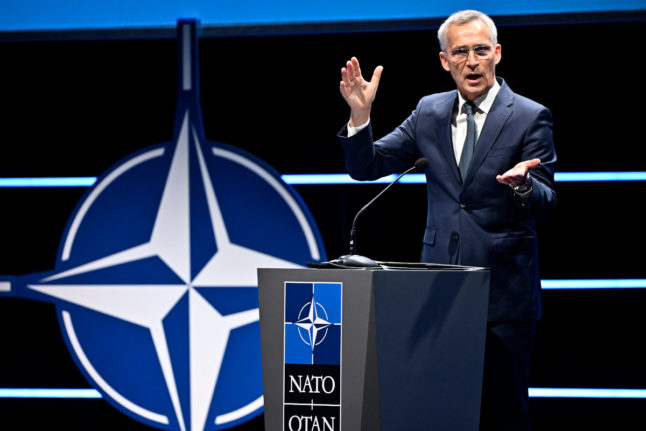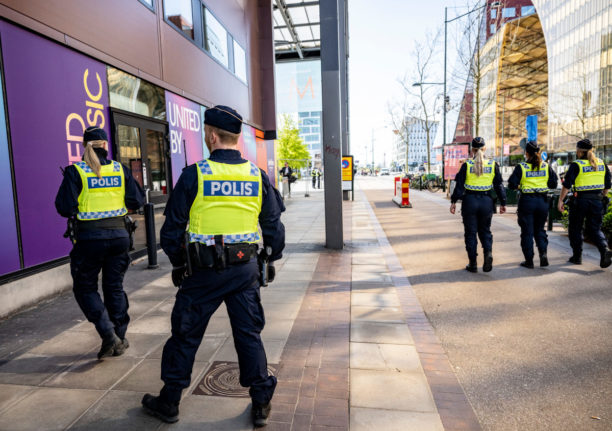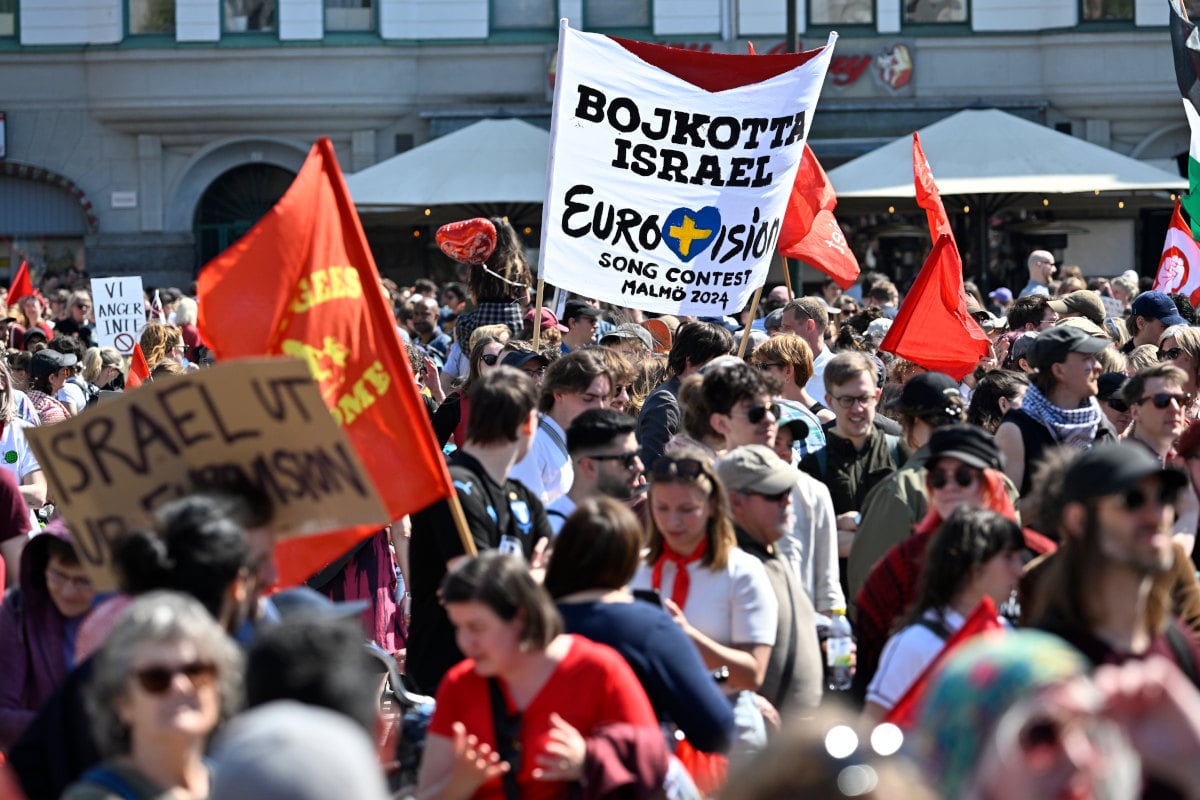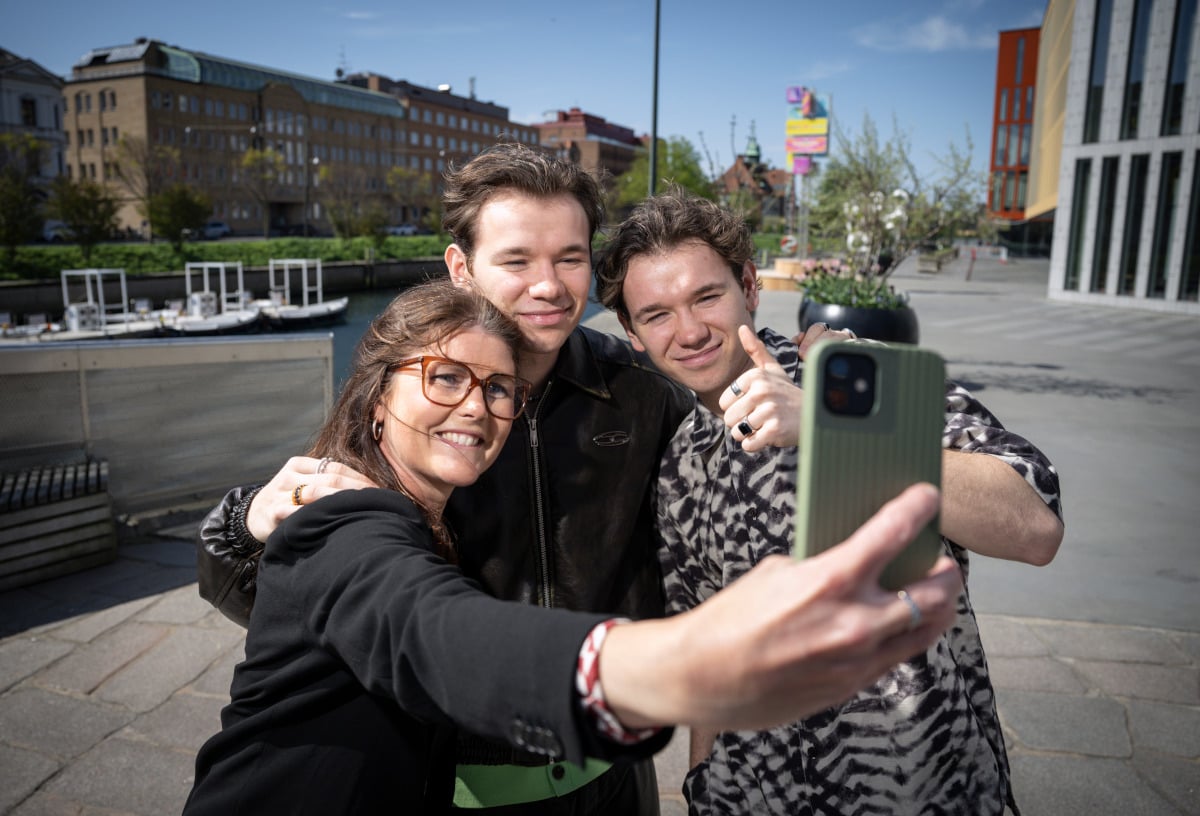Sweden to roll out new work permit rules
From November 1st, the minimum salary that applicants need to earn in order to be eligible for a Swedish work permit will be raised from 13,000 kronor a month to 27,360 kronor.
The new salary requirement is set to 80 percent of Sweden’s median salary as announced by Statistics Sweden’s yearly updates, so it will change every year. It also needs to be in line with industry standards or collective bargaining agreements, so 27,360 kronor is just the minimum.
It will affect not only new applications, but also extensions and those with pending applications. If you already have a work permit, you can keep working until it expires – the new rules won’t apply to you until your current permit is up for renewal.
It’s the most recently published median salary at the time of your application (not the time of a decision) that will determine how much you need to earn in order to be eligible for a work permit.
According to Statistics Sweden, they most recently updated the median salary on June 20th, 2023. So if you applied before then, your application should be assessed according to the previous median salary, or in other words you need to earn at least 26,560 kronor a month.
All Saints
Sweden marks All Saints on the first Saturday of November. It’s a day to remember the dead, and many Swedes visit cemeteries to visit family members’ or friends’ graves, care for the burial site, and bring extra decorations such as wreaths and, in particular, candles.
Even if you don’t have relatives or friends buried in Sweden to commemorate, visiting a graveyard during All Saints Day is a beautiful and peaceful experience. The biggest commemorations take place at Stockholm’s Woodland Cemetery, Skogskyrkogården, which thousands of people visit to pay their respects to the dead, with lanterns lighting the way. Remember to be respectful to the people who are mourning.
All Saints’ Day is a public holiday, which doesn’t mean much to most people as it falls on a weekend. Some employers might offer a half-day off before public holidays, but make sure you ask first. The public holiday also means that Systembolaget, the state-owned alcohol monopoly, is closed on November 4th, so any alcohol for the weekend needs to be bought before the shops close on the Friday.
There is some disagreement in Sweden about when to go trick-or-treating. Some families believe that as Halloween falls on a weekday, it makes more sense to celebrate it the following weekend, so be warned that children may come knocking on your door on November 1st. We leave it entirely up to you whether you give them candy or a lecture, with slides, on the roots of Halloween and why it is celebrated on October 31st.
Covid and flu vaccinations get under way
Sweden is set to roll out its nationwide flu and Covid vaccination campaign on November 7th.
It’s already possible to get vaccinated against Covid-19 even before that date, and it’s free for everyone, although people over the age of 65 and people with an underlying health condition are the only ones who are specifically recommended to get a booster dose this winter.
The flu vaccine is only free to people at risk of serious illness, for example over-65s and those who are pregnant or have underlying health conditions, and it generally only becomes available to other people a few weeks after it’s first rolled out. This is to ensure that everyone in risk groups has the chance to get vaccinated first. If you’re not in a risk group you’ll have to pay around 200-400 kronor.
Riksbank to make new interest rate announcement
Sweden’s central bank, the Riksbank, will make its next interest rate announcement on November 22nd.
Despite Swedish inflation falling in September, experts still believe the Riksbank is likely to hike the interest rate by another 0.25 percentage points, bringing it to 4.25 percent. But if the krona continues to appreciate, it is possible the bank will choose not to raise the rate again.
State-owned mortgage bank SBAB said in its October report that it thinks the Riksbank should wait before it raises the rate, arguing that although inflation didn’t fall by as much as expected in September, the overall trend still suggests that inflation is on its way down.
Experts also seem to believe that this is likely to be the last hike before it starts to go down again.
That said, both the European Central Bank and the US Federal Reserve left their interest rates unchanged in the past month, which increases the likelihood of Sweden holding steady too.
Another important date for your finances
On November 14th, Statistics Sweden will present the latest consumer price index – or in other words the inflation rate. If inflation doesn’t clearly go down, or if it goes down less than expected, it increases the likelihood of a further key interest rate hike.
Will Sweden join Nato in November?
After a delay of over a year, Turkish President Recep Tayyip Erdogan at the end of October signed the protocol for Sweden’s accession to Nato and sent it to his country’s parliament for ratification. But it’s not yet clear when Sweden will actually join the military alliance.
The protocol has now gone to the Turkish parliament’s foreign policy and defence committees for assessment, and will then go back to the foreign policy committee for a vote, after which it will be sent to be voted on in parliament. It then returns to Erdogan for the final, formal approval.
Hungary, the only other Nato member left to ratify Sweden, has said it won’t vote on Sweden’s membership until after November 6th.
Turkey has said that its parliament will vote by December 10th at the latest.
Nato’s foreign ministers are set to meet in Brussels on November 28th-29th.
Sweden to host handball world championship
Sweden, along with Denmark and Norway, is hosting the women’s world championship in handball this year.
The tournament will get under way on November 29th and last until December 17th.
The Swedish women will play their games at Gothenburg’s Scandinavium Arena, facing Croatia, China and Senegal in the group stage. Matches will also be played in Helsingborg where Montenegro, Hungary, Cameroon and Paraguay will fight to get through to the next round.
The rest of the groups will play their matches in Norway or Denmark, where the final will be held.
The tournament will be broadcast by Viaplay in Sweden.





 Please whitelist us to continue reading.
Please whitelist us to continue reading.
Member comments